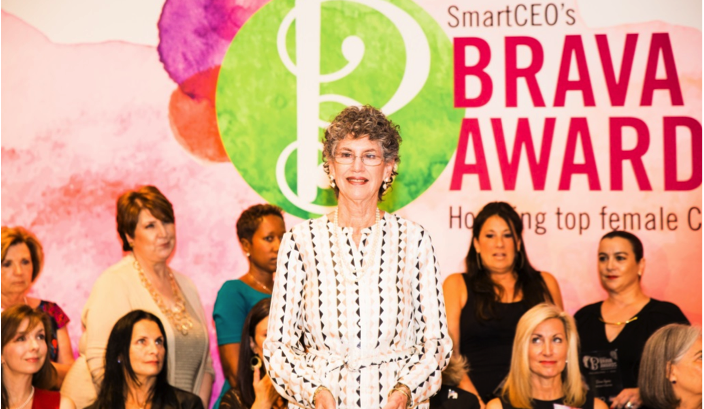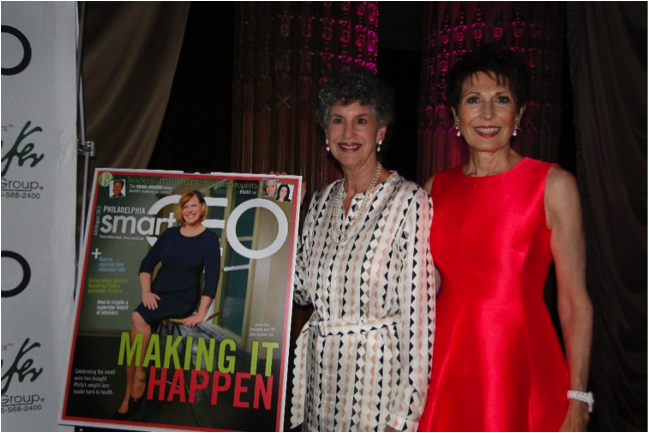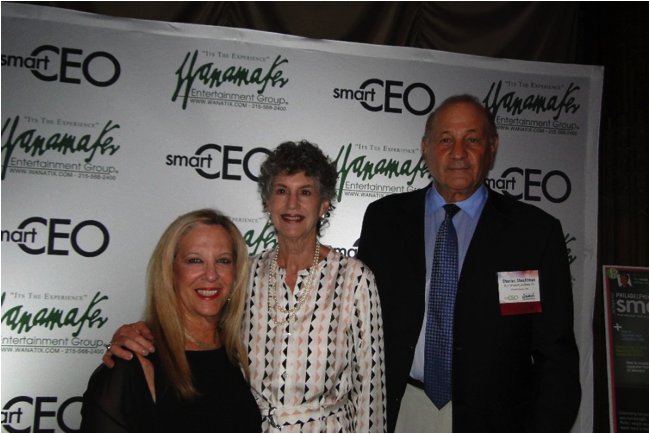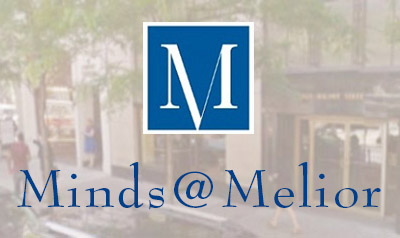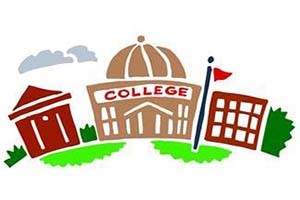Is Stracciatella A Soup Or A Cheese? Formulating The Right Questions To Get The Right Answers
Pizza Pizza!
A few weeks ago, a brand new artisan pizza place opened around the corner from our offices on Walnut Street. A review of their menu showed a delicious selection of pizzas using fresh ingredients – not your typical mozzarella – most of which were in Italian.
The consultants at The Melior Group are curious by nature and enjoy good pizza. So it probably isn’t a surprise to learn that we researched the heck out of the ingredients, and discovered a new word for many of us: “stracciatella,” which was presumed a cheese, since this was a pizza place.
Using our trusty friend Google, we typed “stracciatella” into the search bar…and received surprising results. The first entries listed were for SOUP – not cheese – or anything remotely related to pizza.
A Deeper Dive into the Deliciousness of Italian Food
Other kinds of people (you know who they are) might have stopped there and given up, but the consultants at Melior are not quitters…especially when it comes to pizza. We dove deeper into the results only to find various recipes for gelato and roman-style egg-drop soup (which looks delicious).
Using clever thinking, we searched for the words “stracciatella” and “pizza” together and we finally got the results we hypothesized… some delicious looking pizza! Much lower on the list was a recipe for a homemade stracciatella – a soft, fresh cheese. Ah ha! [It turns out the word is from the Italian “stracciare”, which means to tear or shred – think shredded cheese]. This new pizza place makes its own from scratch.
What Does Seemingly Obscure Cheese Have to Do with Melior?
This whole pizza cheese search exercise reminded us of why we do what we do for our clients: we are experts at asking the right questions to get the right answers from the right people. But we also are sufficiently flexible to change our research patterns when the information we uncover doesn’t exactly makes sense or meet our objectives. And we don’t stop until we find what we’re looking for.
If you learn anything from this week’s post, it’s that stracciatella is more than just a cheese and Meliorites will always take a deeper dive to get to the right answers.
We encourage readers to google their favorite recipes and then send their results to us for a taste test (all in good research, of course). Buon appetito!
About the Melior Group:
The Melior Group was founded in 1982 to bring the disciplines of marketing research to service industries. Today, Melior is one of the region’s leading research-based consulting firms, serving organizations in the non-profit, healthcare, government, leisure, tourism, financial services/ insurance, and education sectors.
For more information or to request a proposal, please contact The Melior Group at (215)-545-0054 or [email protected].


